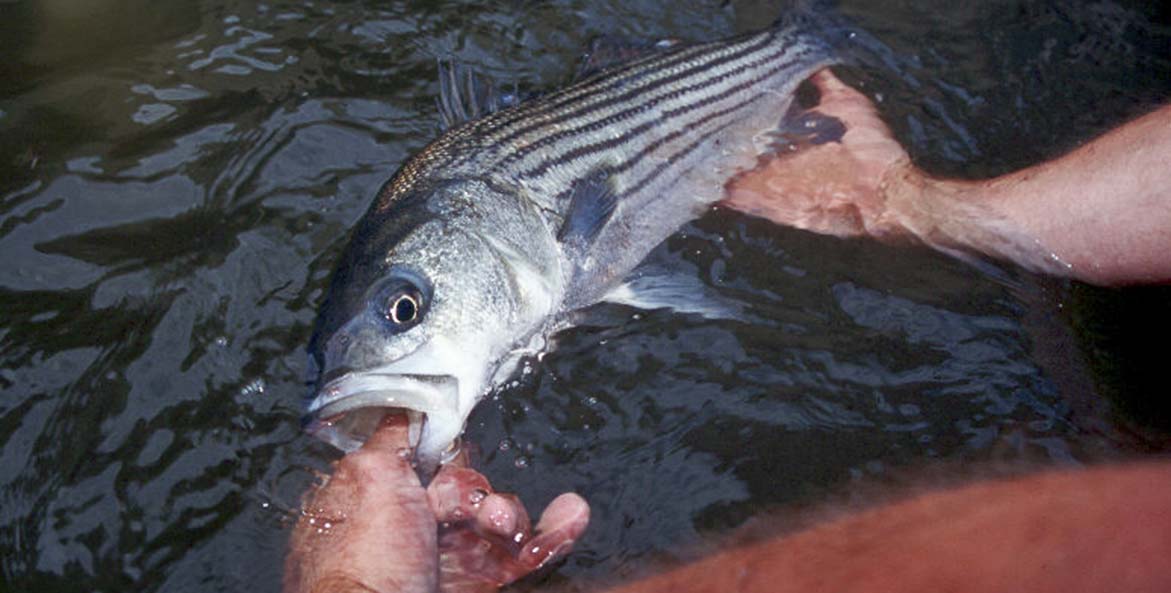Winter 2023
CBF Adult Education Program Comes to Baltimore and Southern Maryland
This fall, CBF held two courses in Maryland as part of our larger Volunteers as Chesapeake Stewards (VoiCeS) program. The courses engaged participants in Baltimore City and Southern Maryland on Bay issues including fisheries, pollution management, how to be an effective advocate, and more.
VoiCeS is a way to reach out to local volunteers and their communities and create a deeper understanding of the Bay and the efforts to restore it. It is CBF's most in-depth adult education program available to our members and the public.
Stiped Bass Survey Results Cause Concern
For the fifth consecutive year, juvenile striped bass numbers remained far below average in Maryland with the 2023 index of 1.0 less than ten percent of the long-term average of 11.3. This year's result is the second lowest since 1957.
Low numbers of young fish now mean in the future there will be fewer of the large fish prized by anglers and important for reproduction of the species. Which is why the Atlantic States Marine Fisheries Commission (ASMFC) announced in October an update to the striped bass fishery management plan, called Addendum II, for public comment. CBF encouraged members to submit comments during the public comment period.
In the summer, warm water temperatures and low oxygen levels dramatically increase stress on striped bass, rendering shallow, estuarine nursery habitats, like the Chesapeake Bay less hospitable. Climate change is making this problem worse. Strong fishery management across all fishery sectors will be critical to restoring the population of this iconic fish.
CBF Appeals Court Decision Regarding Lakeside at Trappe
In September, CBF filed an appeal to the Appellate Court of Maryland following the dismissal of our challenge to the Maryland Department of the Environment's (MDE) wastewater treatment permit for the Lakeside at Trappe development.
MDE's Discharge Permit for the Trappe East Wastewater Facility allows the use of spray irrigation to discharge 100,000 gallons of treated wastewater per day onto Talbot County farm fields.
MDE contends that spray irrigation of effluent from the Trappe development will effectively result in "zero net discharge" of nitrogen and phosphorus pollution to local waterways. However, studies of spray irrigation systems show that some of the pollutants will seep through the ground to the groundwater where they will eventually make their way to surface waters (rivers, creeks, and wetlands). The nearby Lower Choptank River is already impaired and would be further impacted by this discharge.
—Allison Colden
Maryland Executive Director
Chesapeake Bay Foundation



